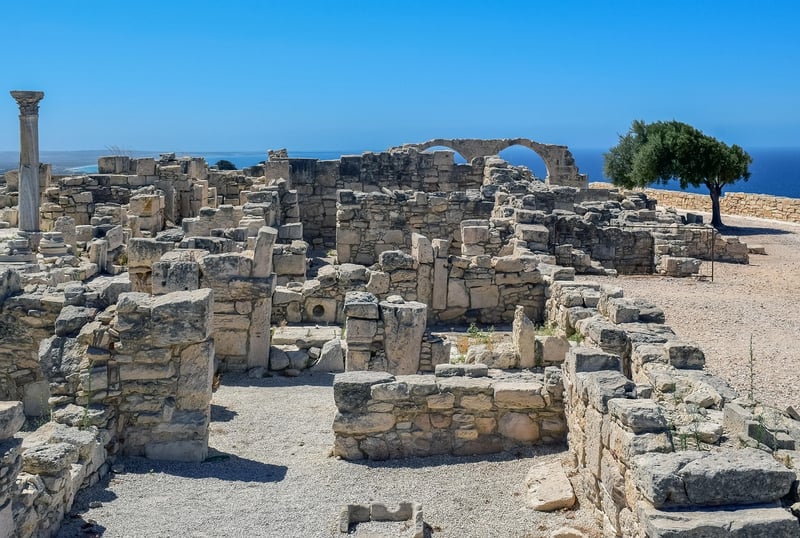Archaeological Sites
Discovering the Past: Exploring Historical Eras and Archaeological Sites
Delve into the rich tapestry of human history by exploring various historical eras and archaeological sites that offer a glimpse into the past. Embark on a journey through time and uncover the mysteries of ancient civilizations, their cultures, and the incredible feats they achieved.
1. Ancient Egypt
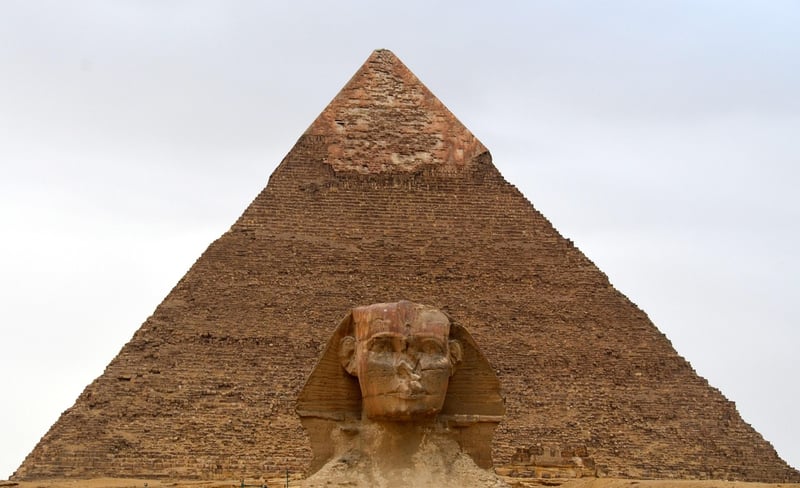
Travel back to the time of pharaohs and pyramids in Ancient Egypt. Explore iconic sites such as the Great Pyramid of Giza, the Sphinx, and the temples of Luxor. Unravel the secrets of hieroglyphics and discover the fascinating world of mummies and ancient rituals.
2. Roman Empire
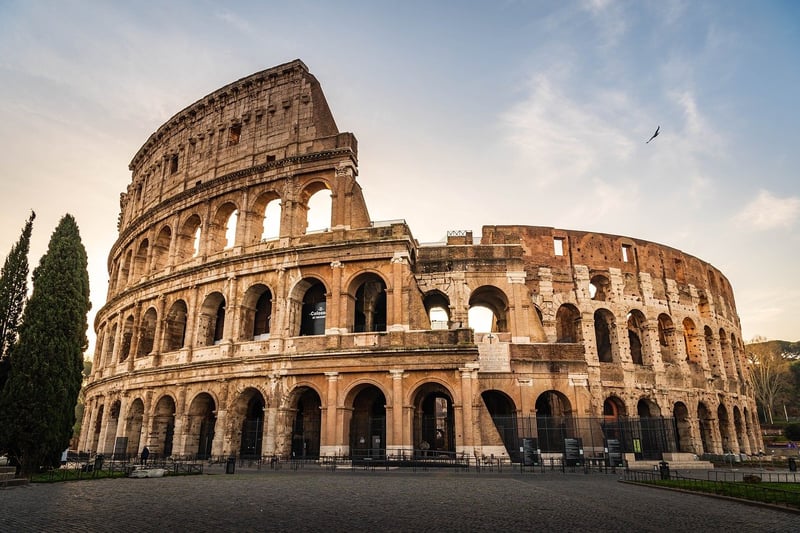
Step into the grandeur of the Roman Empire with visits to the Colosseum, the Roman Forum, and the Pantheon in Rome. Marvel at the engineering marvels of ancient Rome and learn about the daily life of citizens in this mighty civilization.
3. Maya Civilization
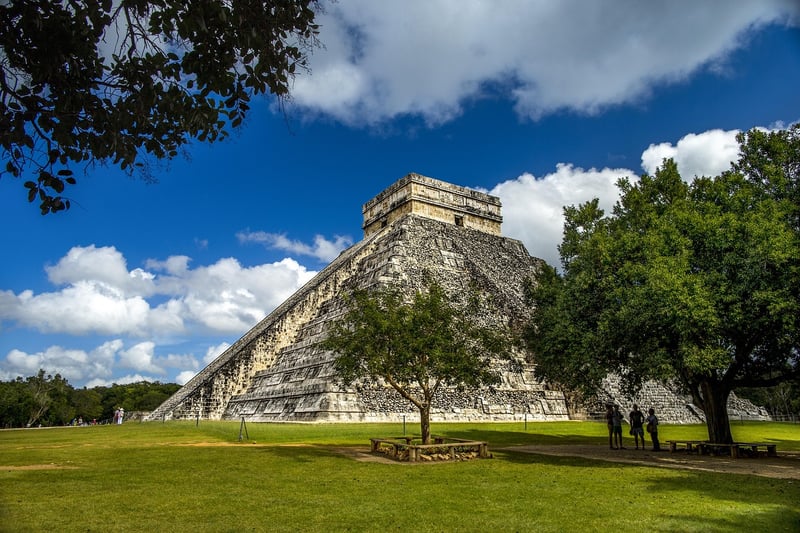
Explore the enigmatic ruins of the Maya civilization in Mexico and Central America. Visit sites like Chichen Itza, Tikal, and Palenque to witness the advanced architecture, astronomy, and artistry of the Maya people.
4. Stone Age Sites
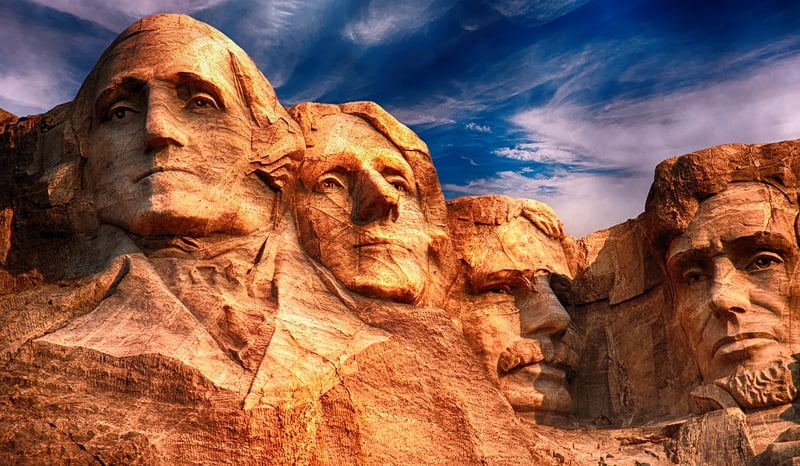
Travel back to the Stone Age and uncover the earliest human settlements and artifacts. Visit sites like Lascaux Cave in France or Skara Brae in Scotland to understand the daily lives and artistic expressions of our ancient ancestors.
5. Pompeii and Herculaneum
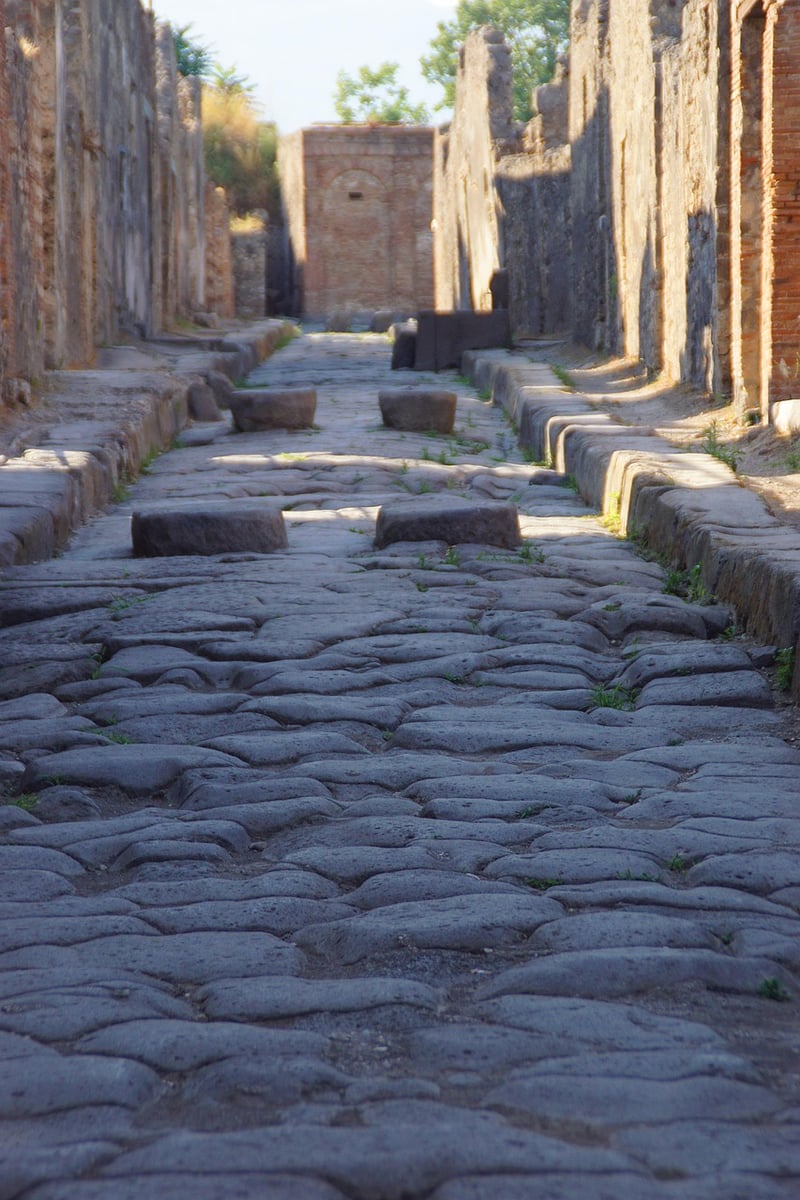
Witness the tragic yet preserved ruins of Pompeii and Herculaneum, frozen in time by the eruption of Mount Vesuvius. Walk through the streets of these Roman cities to see how daily life came to a sudden halt in 79 AD.
Conclusion
By exploring historical eras and archaeological sites, we can gain a deeper appreciation for the achievements and challenges faced by our ancestors. These sites offer a window into the past and allow us to connect with the people who came before us, shaping the course of human history.
Embark on a journey of discovery and exploration to witness the wonders of ancient civilizations and the stories they have left behind.
